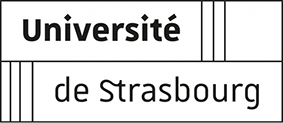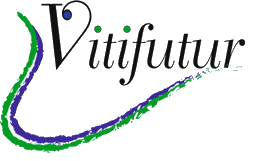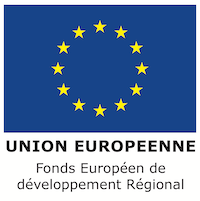To infect their host, most plant viruses require vectors to ensure their transmission from plant to plant. It is accepted that viruses induce physiological modifications in host plants that are not random but are intended to attract the vector to ensure virus transmission. Changes in infected plants include, among other things, a change in color, the emission of volatile compounds, or a modification of the metabolic composition of the sap. The molecular mechanisms underlying these virus-induced manipulation phenomena are still poorly understood.
To decipher the changes occurring in infected plants, the teams of V. Ziegler-Graff from the IBMP in Strasbourg and V. Brault from the INRAE Grand-Est Center in Colmar have developed an experimental protocol mimicking the natural conditions of transmission of turnip yellows virus (TuYV), a virus obligatorily transmitted by aphids. The aim was to analyze the deregulations in plants infected with TuYV and infested by aphids. Transcriptomic analysis showed that TuYV infection attenuates a large number of genetic deregulations induced by aphids in a non-infected plant. Thus, after 72 hours of infestation and under the effect of the virus, 93.7% of the genes deregulated by aphids regain an expression close to that of a non-infested plant. Among these genes, many encode transcription factors. Furthermore, the metabolic composition of infected plants infested by aphids was analyzed and shows that it could be beneficial for the vector, and therefore indirectly for virus transmission.
Experimentally, we observed an increased efficiency of TuYV transmission that correlates perfectly with the modifications observed in infected and infested plants.
This study has revealed the ability of TuYV to alter the nutritional content of the plant and attenuate the defense reaction against the vector aphid to promote its transmission and ensure its sustainability. It was published in the journal Phytopathology on September 1, 2023.















